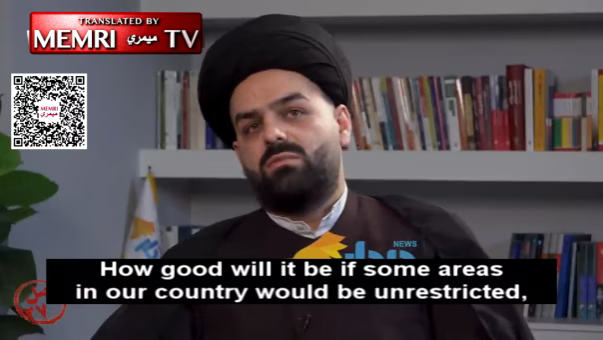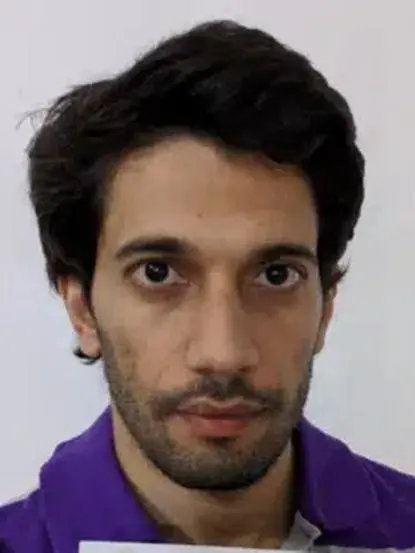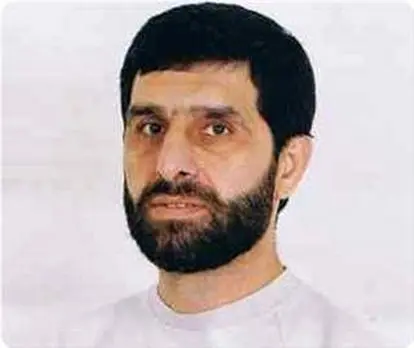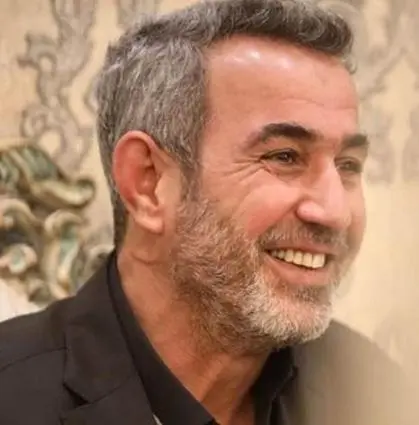Tehran’s shadow over failed Hezbollah attacks in Latin America

Operation Trapiche revealed the shadow of Iran behind the failed Hezbollah plot in Brazil. According to Brazilian Federal Police documents exclusively obtained by the Investigative Project on Terrorism (IPT), the two masterminds wanted by Interpol, Mohamad Khir Abdulmajid, a naturalized Syrian-Brazilian, and Haissam Houssim Diab, a Lebanese national, had strong connections to the Islamic Beneficent Cultural Center of Brasilia (CCBIB). This Shiite center has been funded by Iran since 2019.









